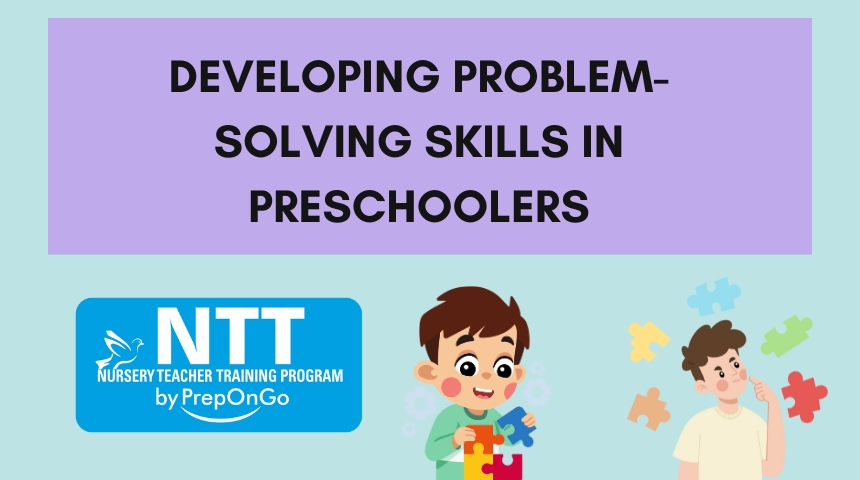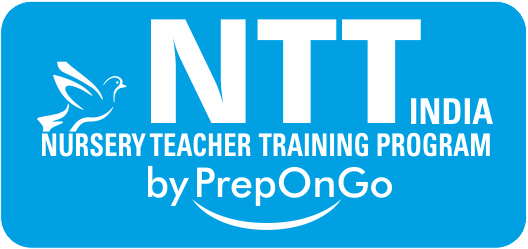Developing Problem-Solving Skills in Preschoolers

Problem-solving is a critical skill that lays the foundation for a child’s future success in both academic and everyday life. As educators and parents, it is essential to nurture and develop this skill from an early age. Preschoolers are naturally curious and eager to learn, making this the perfect time to introduce problem-solving activities that can enhance their cognitive development.
Why Problem-Solving Skills Matter
Problem-solving skills are crucial for several reasons:
- Critical Thinking: It helps children think critically and logically, enabling them to make informed decisions.
- Creativity: It fosters creativity and innovation as children explore multiple solutions to a single problem.
- Resilience: It builds resilience and perseverance, teaching children to overcome challenges and setbacks.
- Confidence: It boosts self-confidence as children learn to trust their judgment and abilities.
- Social Skills: It enhances social skills by encouraging collaboration and communication with peers.
Strategies to Develop Problem-Solving Skills in Preschoolers
- Encourage Exploration and Curiosity
- Allow children to explore their environment and ask questions. Provide them with open-ended toys and materials that can be used in various ways to stimulate their curiosity.
- Introduce Simple Puzzles and Games
- Puzzles, building blocks, and age-appropriate board games are excellent tools for developing problem-solving skills. These activities require children to think critically and devise strategies to achieve their goals.
- Promote Cooperative Play
- Encourage children to work together on tasks and projects. Cooperative play teaches them to communicate, share ideas, and collaborate to solve problems collectively.
- Model Problem-Solving Behavior
- Demonstrate problem-solving techniques by thinking out loud when faced with a challenge. Show children how to break down a problem into smaller steps and explore possible solutions.
- Use Storytelling and Role-Playing
- Storytelling and role-playing activities can help children understand different perspectives and develop empathy. Create scenarios where characters face challenges and discuss possible solutions with the children.
- Ask Open-Ended Questions
- Encourage children to think deeply by asking open-ended questions that cannot be answered with a simple “yes” or “no.” Questions like “What do you think will happen if…?” or “How can we solve this problem?” stimulate critical thinking.
- Provide Opportunities for Trial and Error
- Allow children to experiment and make mistakes. Let them understand that failure is a part of the learning process and that it is okay to try different approaches until they find a solution.
- Encourage Reflection
- After completing a task or solving a problem, encourage children to reflect on their experience. Ask them what they learned, what strategies worked, and what they might do differently next time.
Activities to Enhance Problem-Solving Skills
- Obstacle Courses
- Set up simple obstacle courses that require children to navigate through various challenges. This activity promotes critical thinking and physical coordination.
- Building Projects
- Provide materials such as blocks, cardboard, and craft supplies for building projects. Encourage children to design and construct their structures, allowing them to face and solve construction-related problems.
- Science Experiments
- Conduct simple science experiments that require children to make predictions, observe outcomes, and draw conclusions. For example, experimenting with water and objects to understand concepts like floating and sinking.
- Sorting and Categorizing
- Give children a variety of objects and ask them to sort and categorize them based on different criteria such as size, shape, color, or function. This activity enhances logical thinking and classification skills.
- Cooking and Baking
- Involve children in cooking and baking activities where they follow simple recipes. Measuring ingredients, mixing, and understanding sequences help develop problem-solving and mathematical skills.
Conclusion
Developing problem-solving skills in preschoolers is a vital aspect of early childhood education. By providing opportunities for exploration, encouraging cooperative play, modeling problem-solving behavior, and engaging children in various activities, educators and parents can foster critical thinking, creativity, and resilience in young learners. As these skills are nurtured, preschoolers will grow into confident, capable individuals who are well-equipped to navigate the complexities of the world around them.
Investing in the development of problem-solving skills today will pave the way for a generation of innovative thinkers and problem solvers tomorrow. Let’s empower our preschoolers with the tools they need to succeed!
